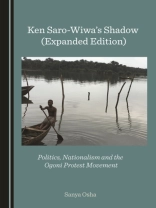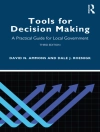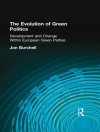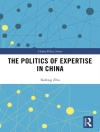The Ogoni crisis, which reached its peak in Nigeria in the 1990s, divided all the major stakeholders (namely, the Nigerian state, the multinational petroleum concerns, the Ogoni community, and the rest of the Nigerian populace) in the conflict. There were also undoubtedly other important ramifications within the Ogoni community, such as divisions along the lines of those who were pro-government and those who upheld an opposing stance. These divisions run deep and define the more subtle contours of the conflict amongst the Ogoni people who were once led by their indomitable leader, Ken Saro-Wiwa, until he was hanged by the General Sani Abacha regime in 1995.Ken Saro-Wiwa’s struggle exemplified certain core values and tenets, including democracy, minority rights, environmental awareness, non-violence and respect for human dignity. However, as he lived and worked in an antithetical political context governed by veniality, despotism and philistinism he was brutally cut down. This study provides an in-depth analysis of the Ogoni crisis and its unfolding aftermath.
Sanya Osha
Ken Saro-Wiwa’s Shadow (Expanded Edition) [PDF ebook]
Politics, Nationalism and the Ogoni Protest Movement
Ken Saro-Wiwa’s Shadow (Expanded Edition) [PDF ebook]
Politics, Nationalism and the Ogoni Protest Movement
قم بشراء هذا الكتاب الإلكتروني واحصل على كتاب آخر مجانًا!
شكل PDF ● صفحات 256 ● ISBN 9781527564022 ● الناشر Cambridge Scholars Publishing ● نشرت 2020 ● للتحميل 3 مرات ● دقة EUR ● هوية شخصية 8122688 ● حماية النسخ Adobe DRM
يتطلب قارئ الكتاب الاليكتروني قادرة DRM












